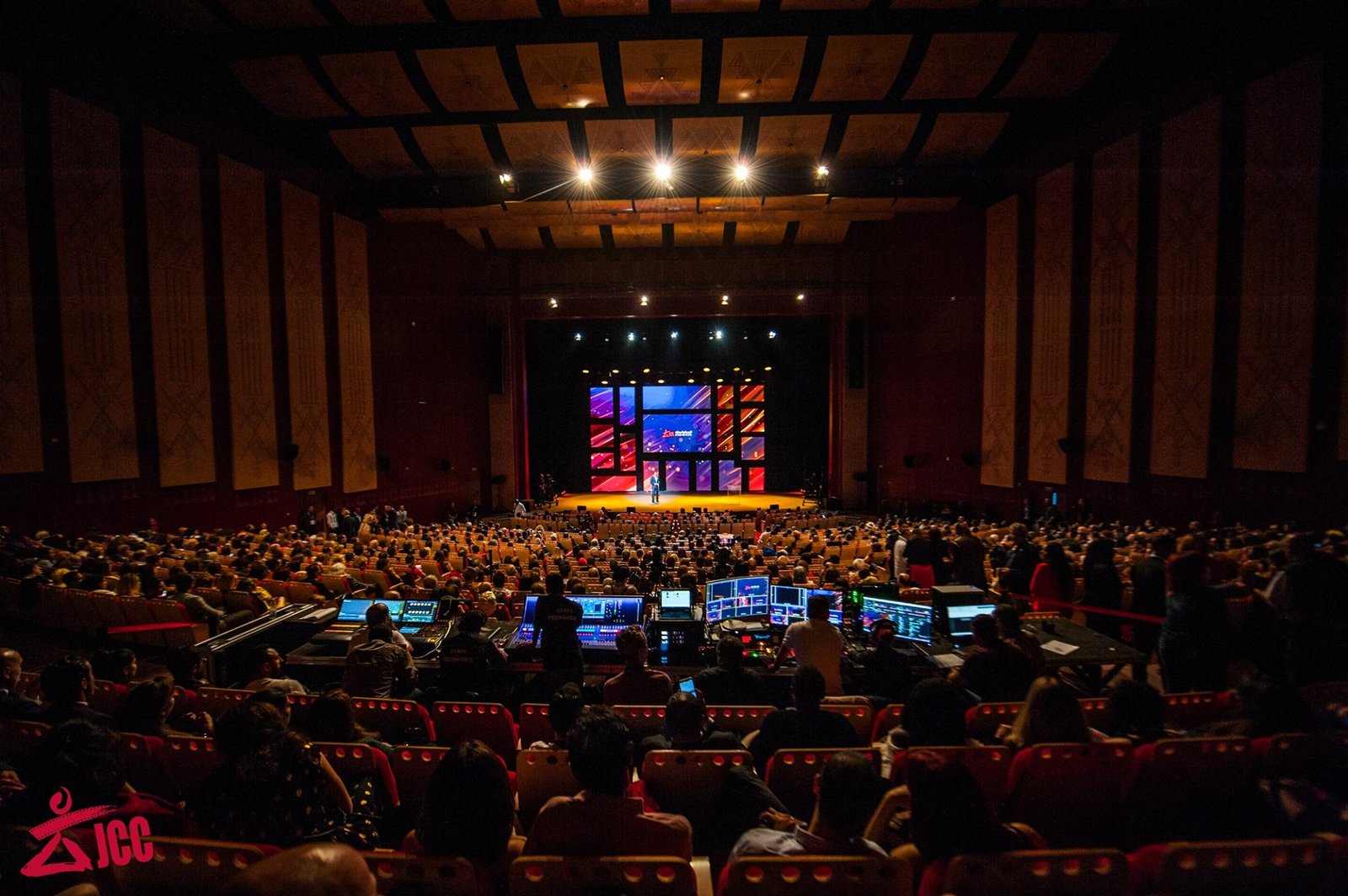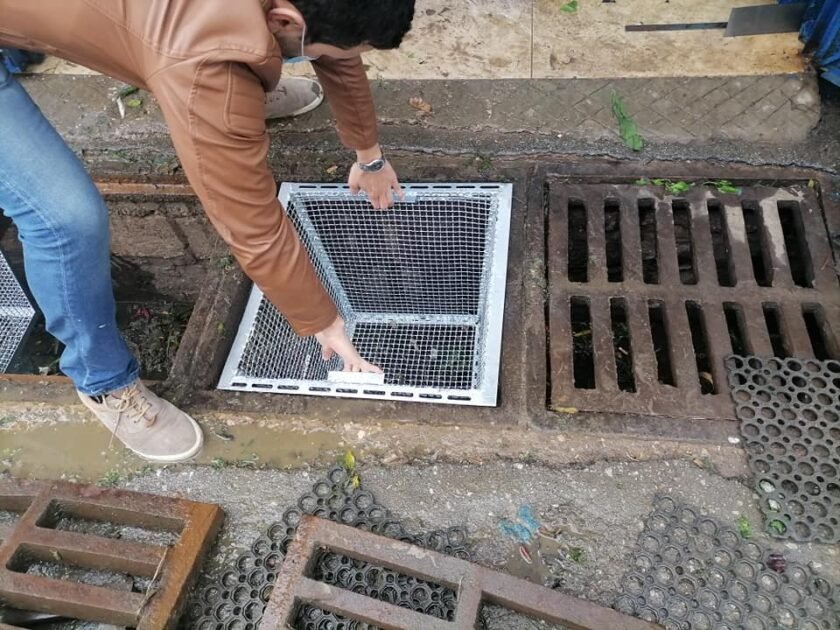The JCC in Regions kicked off on Tuesday, December 17, 2024, coinciding with the 14th anniversary of the Revolution, in Sbeitla (Kasserine) with the screening of the feature-length documentary Matula by Abdallah Yahya. For its 35th edition, the JCC is further expanding into regional areas, venturing into villages to bring cinema closer to communities and offer citizens access to a rich and diverse film program. Other opening ceremonies will take place in Saouaf (Zaghouan) on December 18, Jerissa (Kef) on December 19, Hammat Jerid (Tozeur) on December 23, and Sommar (Tataouine) on December 26, 2024. The JCC in Regions spans three days in each city, featuring screenings of fiction, documentaries, or animated films, alongside workshops on film critique and cinematic culture.
As part of the “Palestine at the Heart of the JCC” section, Avenue Habib Bourguiba hosted the screening of the film From Ground Zero, Untold Stories from Gaza, a project initiated by Palestinian filmmaker Rashid Masharawi in response to the Zionist entity’s war on Gaza. The project features 22 short films created by 22 Gazan filmmakers, for whom filming is an act of resistance and existence. Confronted with the horrors of war, these filmmakers took up their cameras to document their daily lives, express their anguish, and share their hopes.
In tribute to Khemais Khayati, a roundtable on film critique titled “The Current Challenges of Film Critique” was held on Tuesday morning at the Sophie Golli Hall (City of Culture). Organized by the Tunisian Cinematheque and moderated by Mohamed Tarek Ben Chaabane, the discussion brought together film critics Ibrahim Al Ariss (Lebanon), Oussama Abdel Fattah (Egypt), and Ahmed Boughaba (Morocco).
The session opened with a tribute to the late Khemais Khayati, highlighting his legacy as a journalist, film critic, and photographer. Panelists underscored his unique approach, blending critique with profound knowledge of Arab, African, and Western cinema, embodying the spirit of a generation of true cinephiles.
The discussion then shifted to the evolution of film critique, exploring modern formats such as podcasts, videos, and social media reviews. Abdel Fattah stated, “We cannot declare the death of film critique; instead, we must enhance and adapt it, as critique is deeply tied to society’s evolution.” He emphasized the importance of cinematic knowledge and technical understanding for high-quality critical content. For Al Ariss, “Film critique will never die because it is, above all, a creative act,” highlighting its enduring relevance as a form of individual artistic expression.
In the same context, the Tunisian Cinematheque also organized a photo exhibition by Khayati (1946–2024) at the Hamadi Essid Gallery, located across from the Sophie Golli Hall. The exhibition features black-and-white portrait photographs of men and women who illuminated Arab, African, or international cinema during the 1970s, 1980s, and 1990s. From Tunisian filmmaker Moufida Tlatli and Egyptian director Youssef Chahine to Egyptian actor Hussein Fahmi and British actress Jacqueline Bisset, Khayati’s artistic and journalistic eye pays homage to those who create dreams and stories in the cinematic world.
A witness to an era and the memorable moments of the JCC over its various editions, Khayati’s portrait photography merges art with documentation, offering a timeless perspective on the artists and professionals of the seventh art.
TunisianMonitorOnline (Douha Saafi)
.




